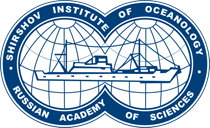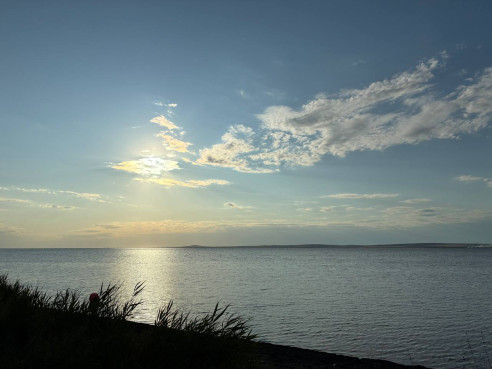 During a scientific expedition organized by Shirshov Institute of Oceanology of the Russian Academy of Sciences from June 24 to July 11, scientists conducted studies of coastal benthic communities of the northeastern coast of the Black Sea. The work was carried out at seven points between the village of Dzhemete (Moscow region of Anapa) and the village of Lermontovo (Tuapse district). During three trips on the boat "Mary Fisher 625" (formerly "Professor Longinov"), extensive material was collected on the trophic structure of benthic communities, where a significant role is played by invasive species - organisms migrating to new ecosystems and affecting their biodiversity and productivity.
During a scientific expedition organized by Shirshov Institute of Oceanology of the Russian Academy of Sciences from June 24 to July 11, scientists conducted studies of coastal benthic communities of the northeastern coast of the Black Sea. The work was carried out at seven points between the village of Dzhemete (Moscow region of Anapa) and the village of Lermontovo (Tuapse district). During three trips on the boat "Mary Fisher 625" (formerly "Professor Longinov"), extensive material was collected on the trophic structure of benthic communities, where a significant role is played by invasive species - organisms migrating to new ecosystems and affecting their biodiversity and productivity.
Particular attention was paid to quantitative samples of macrozoobenthos (animals living on the bottom) and macrophytobenthos (aquatic plants) in the Carboniferous Polygon area to assess the dynamics of their populations. Monitoring studies were carried out on a long-term section near the settlement of Divnomorskoye.
One of the important areas of research was the assessment of the consequences of the recent fuel oil spill in the Dzhemete area. On the surveyed section of the coast and coastal waters of about 2 km in length, fresh isolated emissions of liquid fuel oil in the surf zone, fuel oil stains and rainbow films on the water were found at two out of five stations. Samples of bottom sediments were collected for chemical analysis and quantitative samples of benthos. Despite the pollution, scientists found a large number of live and active swimming crabs, shrimp, hermit crabs, fish, rootworm jellyfish and bivalves, which indicates a gradual restoration of the ecosystem.
In addition, scientists collected samples of flora, fauna and bottom sediments in the Taman Bay of the Azov Sea and in the estuaries of the Vulan (Arkhipo-Osipovka settlement) and Shapsukho (Lermontovo settlement) rivers, where no fuel oil pollution was detected.
"The completed work will help to understand the current state of the coastal ecosystems of the Black and Azov Seas, assess the impact of invasive species and the consequences of pollution, which is important for preserving biodiversity and environmental safety of the region," noted the head of the expedition stage, candidate of biological sciences, senior researcher at the Laboratory of Ecology of Coastal Bottom Communities of the Institute of Oceanology of the Russian Academy of Sciences Galina Kolyuchkina.
The expedition took place with the active participation of employees of Kovalevsky Institute of Biology of the Southern Seas of the Russian Academy of Sciences, the Southern Branch of Shirshov Institute of Oceanology of the Russian Academy of Sciences and with the support of the Divegrad diving center.









